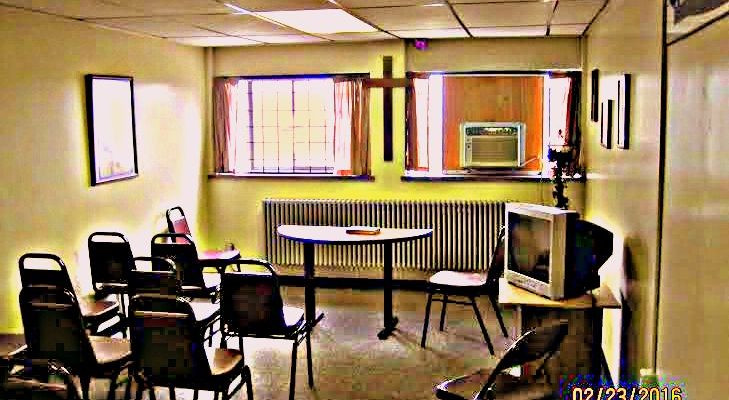Before and After
Before 1983, if a youth was arrested for a crime here in the Wheeling area, they went places– far from Wheeling, far from their families, and very far from any lawyer working with them.
After 1983, they were sent to the Ronald C. Mulholland Juvenile Center (RCMJC). Brother Ron Mulholland had been a Marist Brother. He was the founding director of Youth Services System, Inc. Ron Mulholland was a passionate advocate for youth and the dispossessed. While Ron was working to create Samaritan House, the first emergency youth shelter in the state, he and his board, with John Nanny, Ron Klug and others, saw other youth in the juvenile system, going to those far places.
“Why not Wheeling?” they asked. And in those days when private-public partnerships were a new thing, a juvenile center was built at the former Lincoln High School.
It’s not an excuse for their actions, but these youth tend to be poor, and their families may have had multiple problems before their child ended up in detention. One goal of this center has always been to work with each youth on good decision-making, and give them a glimpse at other possible avenues their lives can take.
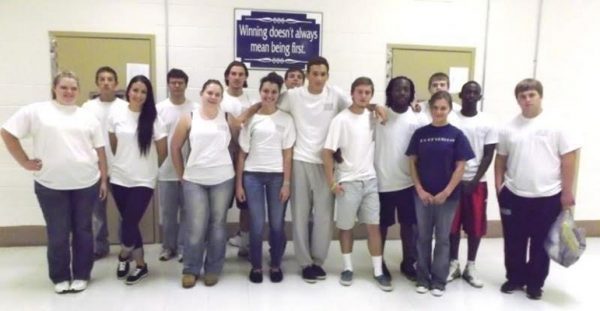
For 33 years, this juvenile center has served the northern panhandle and the state. Now this may change. Chairman Eric Nelson of the WV House Finance Committee asked all state agencies to give the committee plans for how they would reduce their budgets by 6.5% for the new fiscal year on July 1. Closing the Ronald C. Mulholland Juvenile Center was one of the proposed cuts in this report to the committee.
Now
The Mulholland Center is two facilities in one, and much more than that. For youth who have been ordered into custody while their juvenile justice case is being decided, it is a detention center. Since 2013, when the Salem Correctional Center was closed, the Mulholland Center has housed all young women for the state, under 18, who are committed to care at the end of their case. For these young women, it is a correctional center.
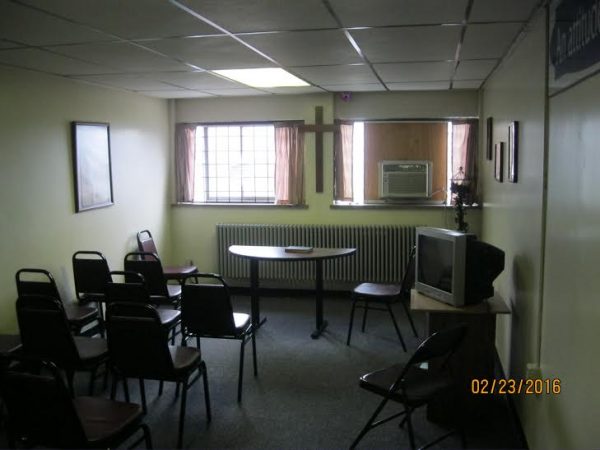
The center’s residents, both male and female, attend classes every day. Each year, individuals finish high school there or their GED with the help of staff employed by the state education department. Where possible, the center holds graduation ceremonies, getting the caps and gowns from the youth’s home high school.
The residents give back to the community, too. They have crocheted blankets for OVMC and they send handmade greeting cards to elderly residents in local facilities.
The center welcomes community groups in to work with residents. There is a music room where they receive lessons from volunteers. The YWCA and others hold groups with the residents. Various church groups offer services to those seeking spiritual guidance, and there is a chapel room for them to use. Through the years, interns from Bethany College, West Liberty and Wheeling Jesuit Universities have learned from the students’ own interactions with the residents. Youth at the RCMJC benefit from the community here. The residents have received quilts made by hand by the Fort Henry Piecemakers. A family made up Easter bags for the residents last year.
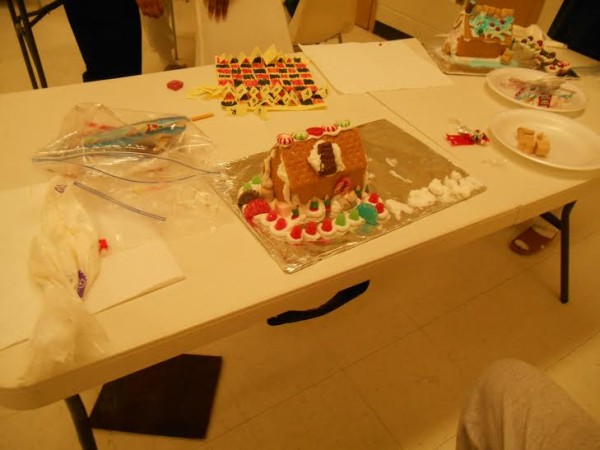
The Mulholland Juvenile Center has always recognized that the youth they serve go home. The staff work to keep the residents in touch with their families. Residents call home, and the Mulholland Center hosts a Family Night each week, so the residents and their families can see each other and do things together. Once a month, the Center hosts a Family Dinner. The residents get to eat with their families. They may do a presentation, or the families may get to hear something positive that their young man or woman is doing. Well over 23,000 family members have come to these dinners over the years, thanks to an attitude the agency has to break down barriers if the residents’ family wants to come.
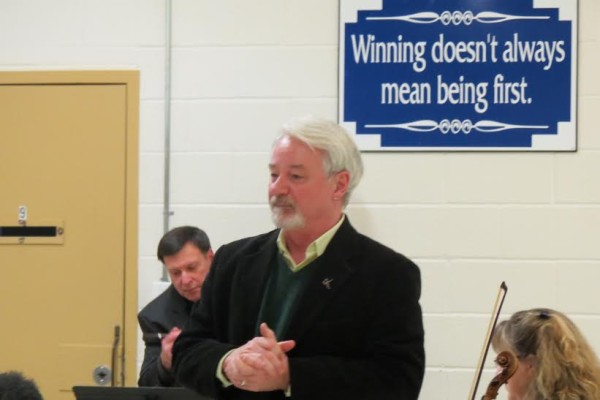
When the Ronald C. Mulholland Juvenile Center was not keeping young women committed to state care, Youth Services System, Inc. was asked to take a young woman who was serving a sentence. The Division of Juvenile Services must have thought that Sallie Jo needed more support. Salli Jo tells of how she arrived in Wheeling, not speaking, wearing her hair down over her face. The staff at the Mulholland Center never stopped greeting her or talking to her, whether she answered them or not. This continued for months. The staff’s patience and attention helped her break through her fears. She opened up.
Salli Jo spent about 3 years at this center. She began talking and displaying a strength and resilience that had been there all along. She earned a Promise Scholarship and her high school degree.
She spent time in adult custody after she left at 18, but when she was able, she returned to the Mulholland Center to thank the Center’s staff. She has finished college now, and worked all the way through. She is looking ahead, and she has come back to Wheeling to tell others her story.
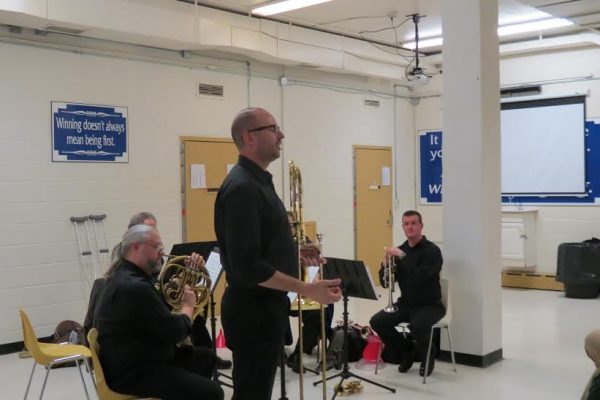
Next?
Nothing is settled yet for the state’s budget deficit and its budget. What would it mean if the Mulholland Center closed?
What this closure would leave is a gap—the nearest juvenile centers are in Parkersburg, in Martinsburg, in Charleston. If you think that services to these youth should be delivered in a place and in a way that can help them in the future, please contact your local legislators. Tell them to keep the Ronald C. Mulholland Center in the state budget.
- Since 2003, 2,847 youth have been served by this center, and nearly 75% have come from the six northern panhandle counties and north-central West Virginia.
- The Mulholland Center employs 52 full-time people, plus educators employed through the WV Department of Education. Their wages and benefits bring $1.3 million into the local economy, and the center spends over $320,000 in other goods and services.
- Each week, the center hosts activities for families and their youth. For many years, there has been a monthly family dinner, where families spend time together and often hear about what their youth has been doing—accomplishments.
- Youth finish high school or get their GED here. The staff will hold graduation ceremonies, getting the cap and gown from their home high school for the youth to wear. This connection to families has been attempted at the public juvenile facilities, but the Mulholland Center has made it work.
You can help keep this work going. Go to http://www.legis.state.wv.us/ for contact information for your local legislator, talk to them, email them.


